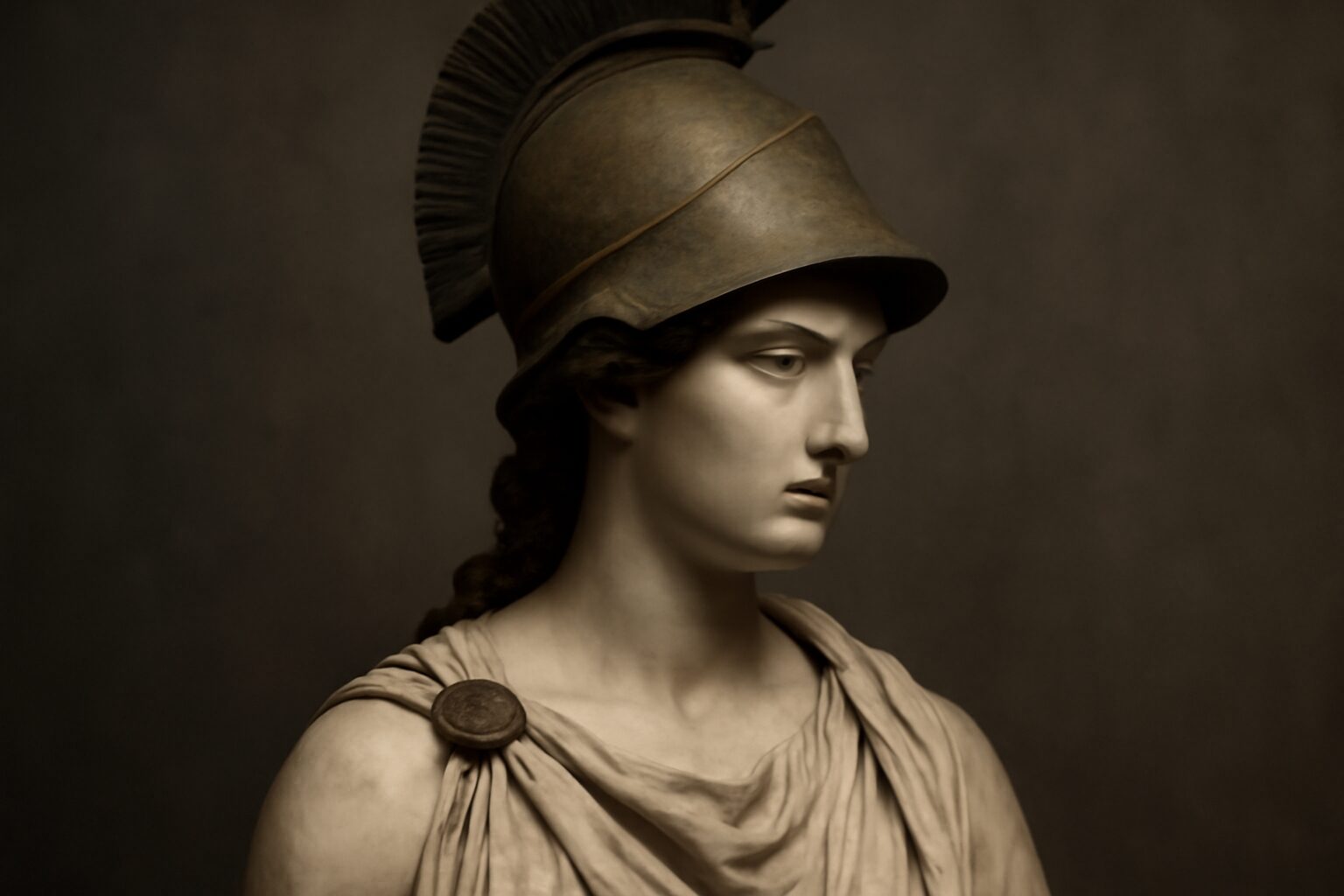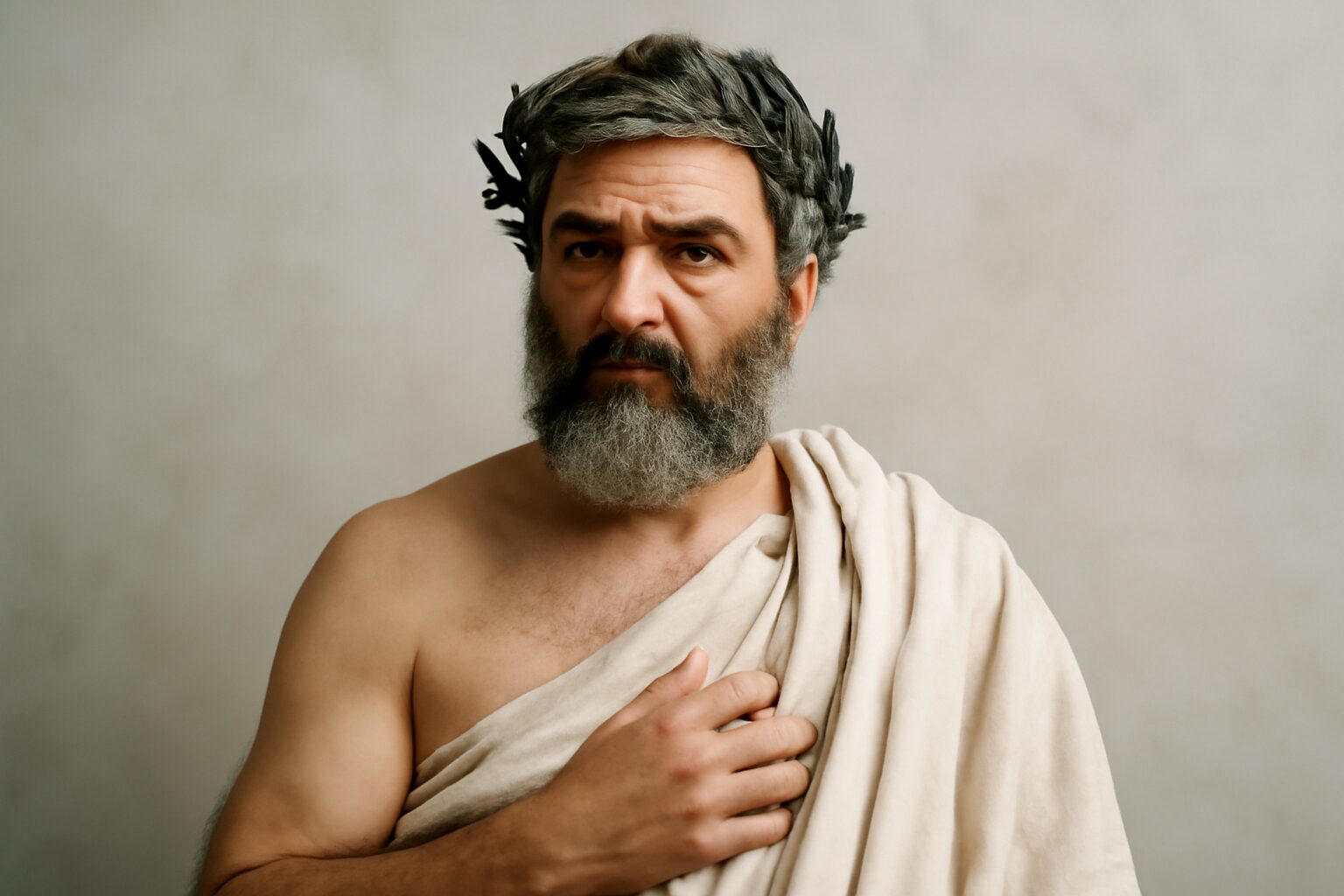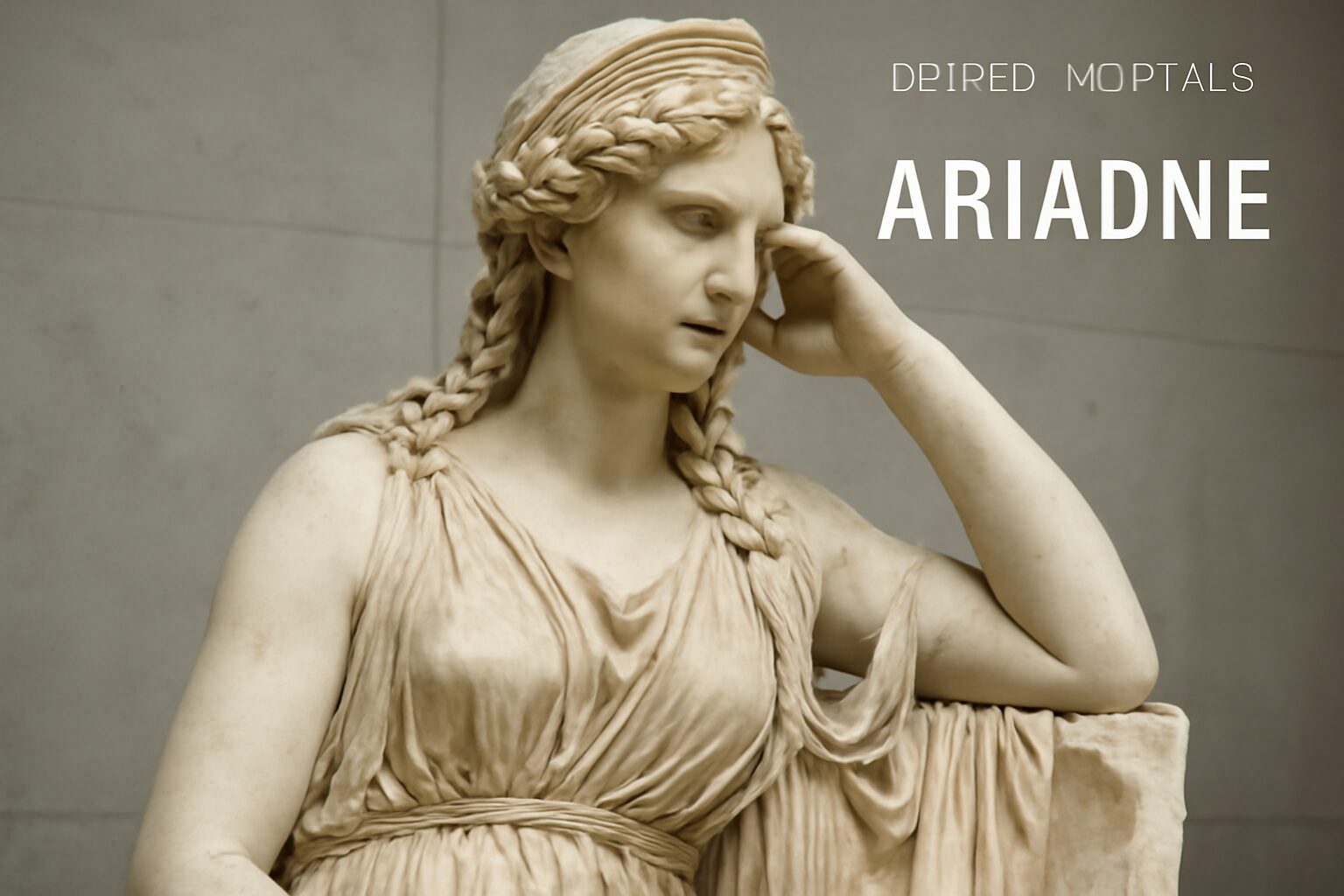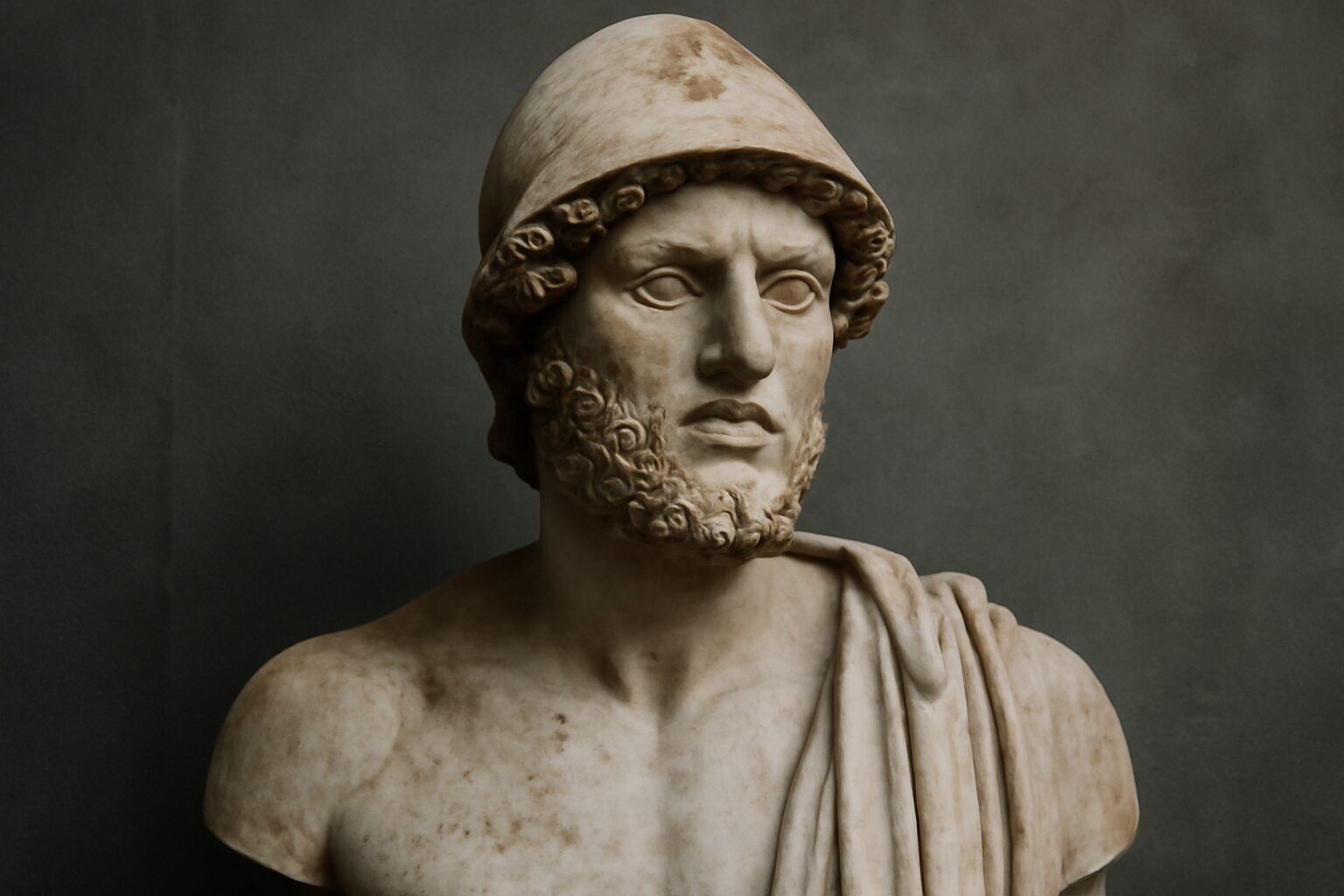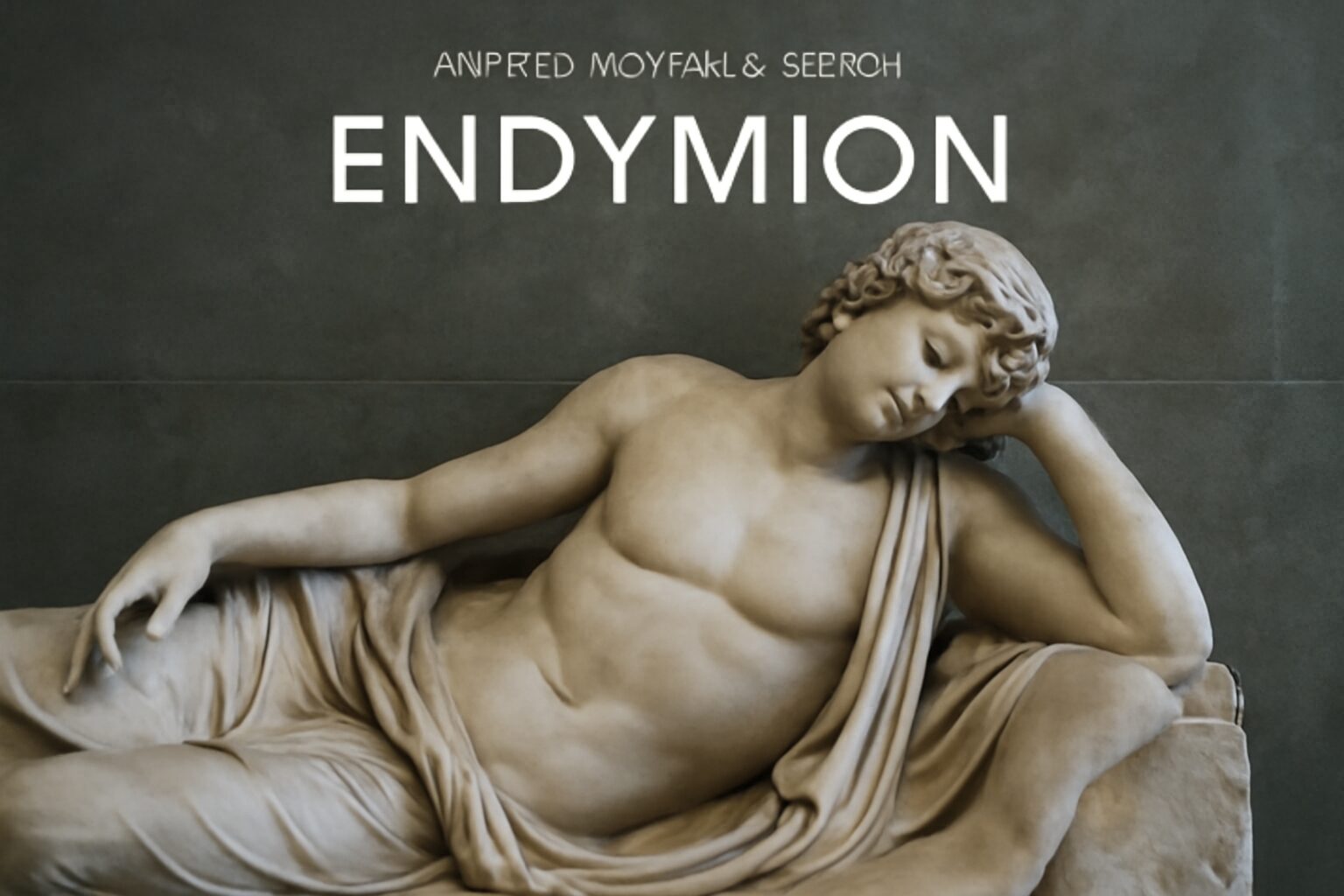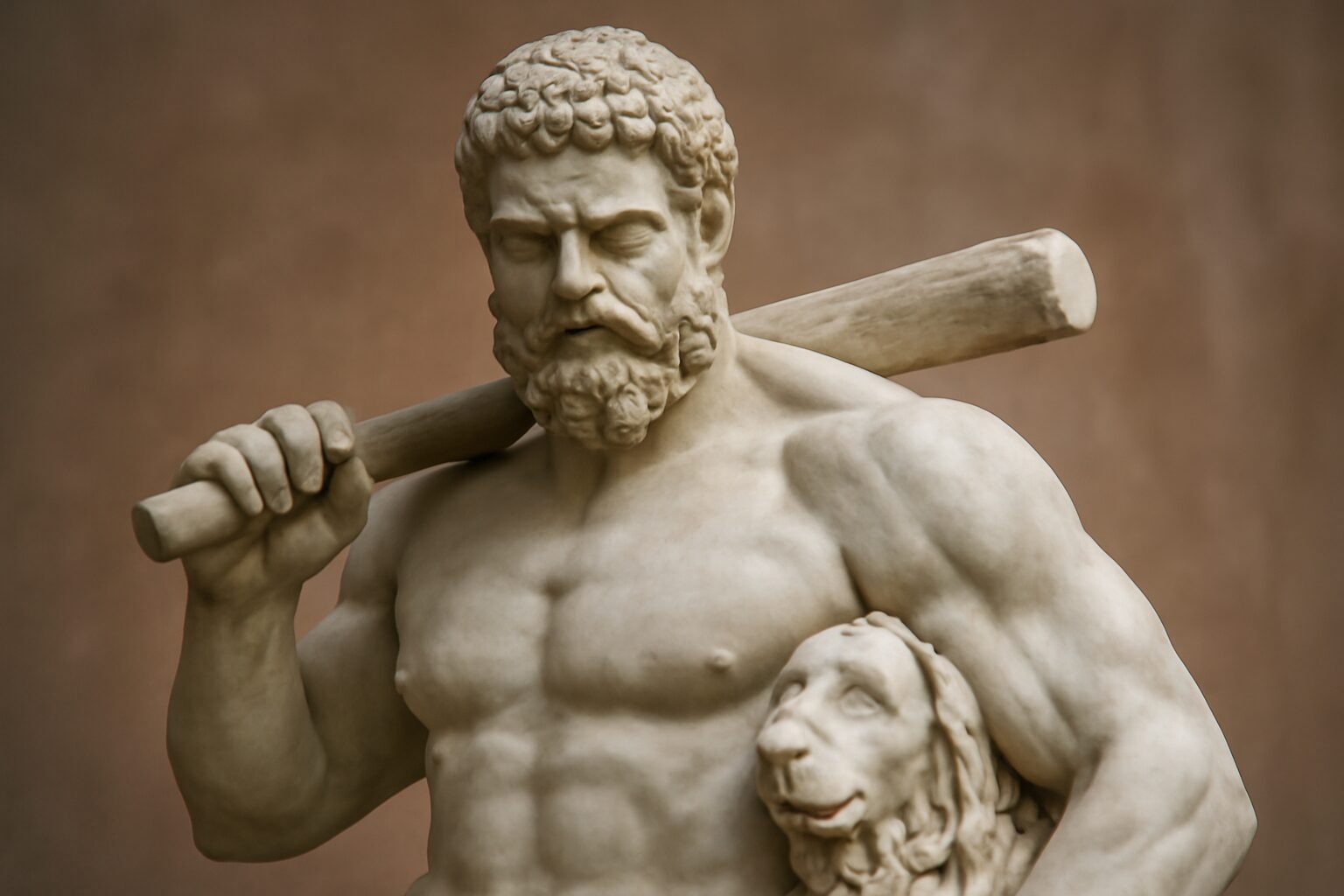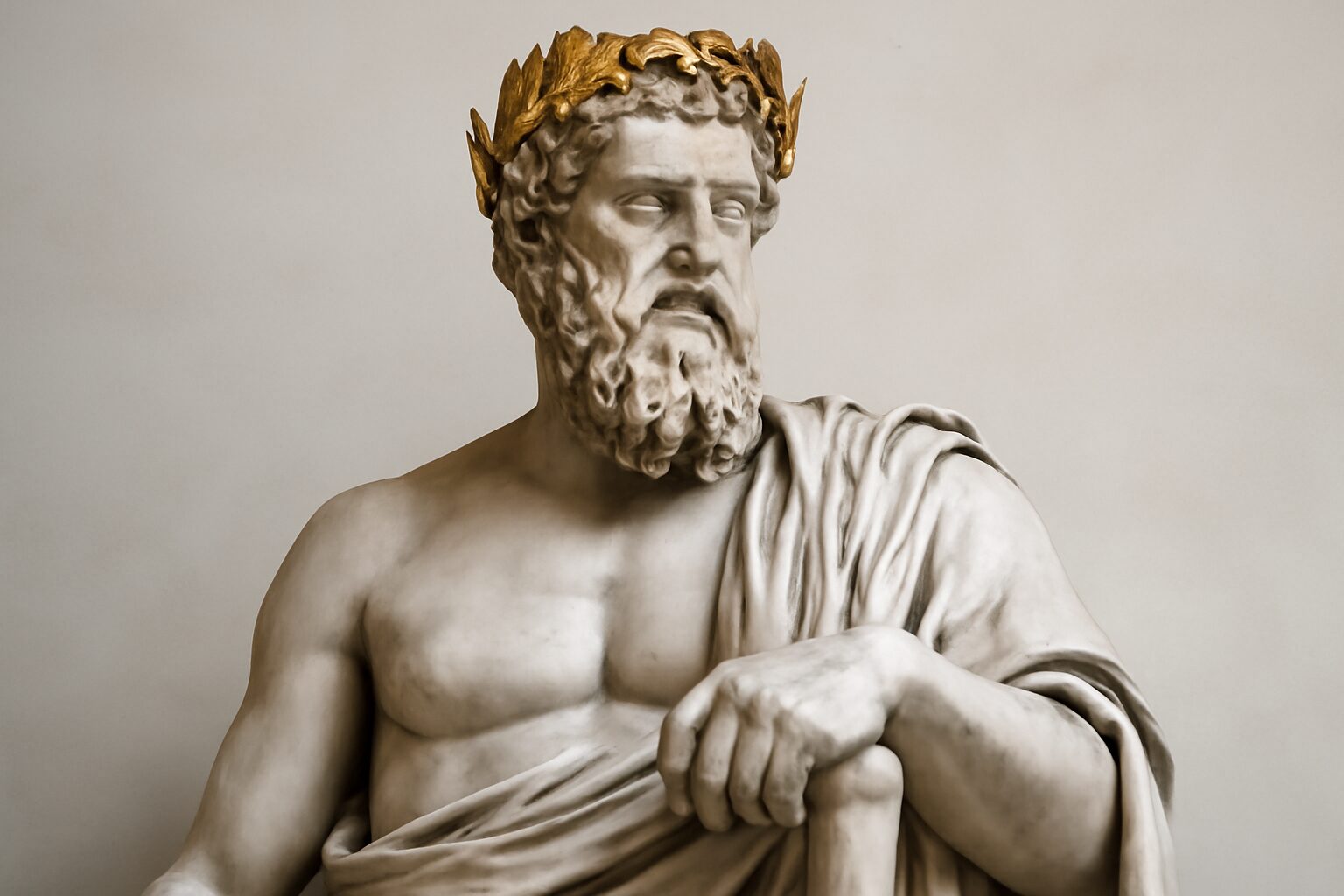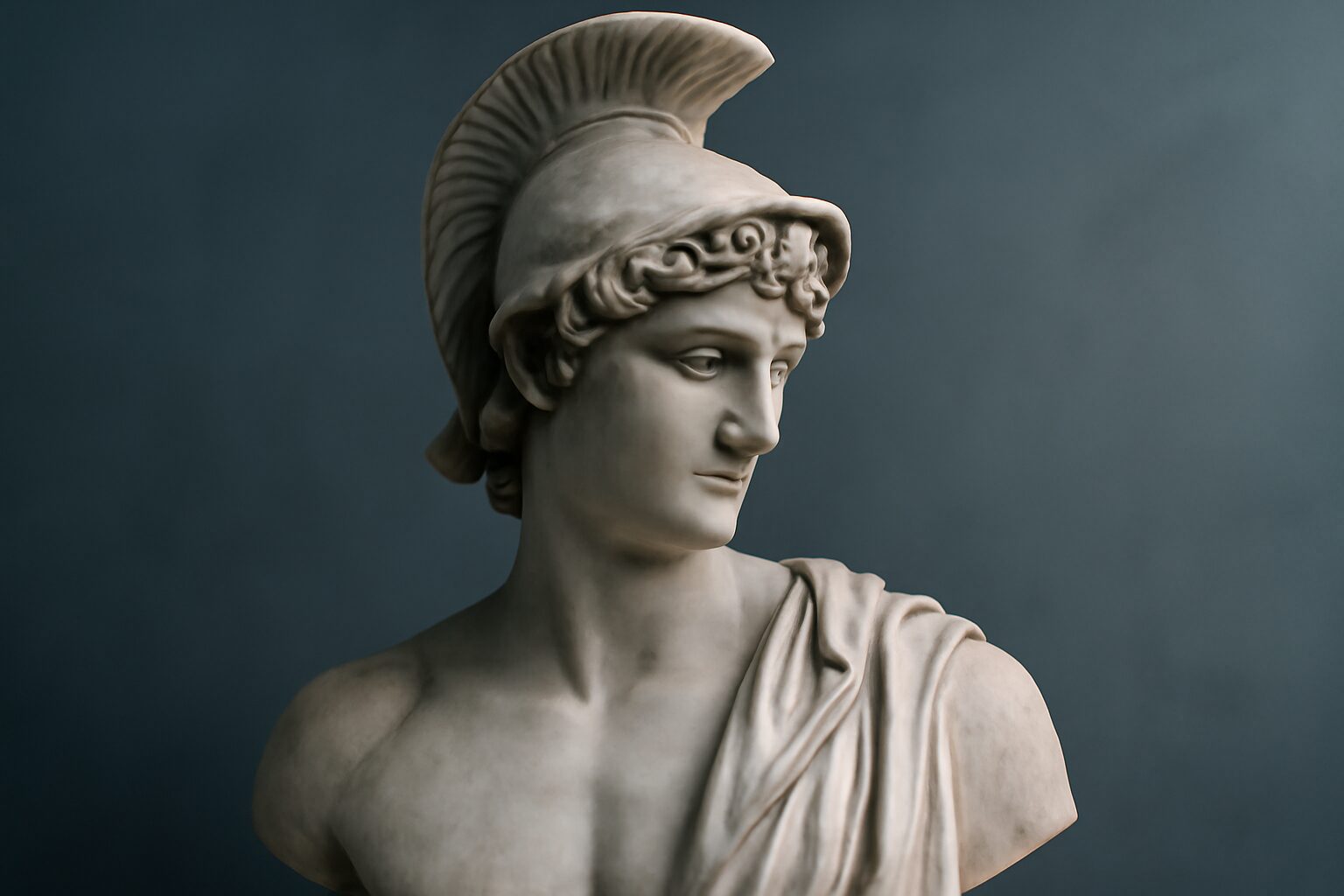Parthenos: The Divine Maiden of Greek Mythology
In Greek mythology, Parthenos (meaning "virgin" or "maiden") is a title often associated with goddesses who embody purity, independence, and divine femininity. While not a singular deity, the concept of Parthenos is most famously linked to Athena, Artemis, and Hestia, who were revered as eternal virgins, untouched by mortal or divine romantic pursuits.
The Virgin Goddesses
Athena Parthenos, perhaps the most iconic bearer of the title, was the goddess of wisdom, warfare, and crafts. Her virginity symbolized her self-sufficiency and unwavering focus on intellect and strategy. The Parthenon in Athens, her grand temple, was named in her honor, housing a colossal gold-and-ivory statue of her as the warrior maiden.
Artemis, goddess of the hunt, wilderness, and childbirth, was another eternal Parthenos. She fiercely protected her independence, surrounded by a band of nymphs who also vowed chastity. Her virginity was tied to her wild, untamed nature—she was a goddess who answered to no one.
Hestia, the gentle goddess of the hearth and home, was the third major Parthenos. Unlike Athena and Artemis, Hestia’s virginity represented domestic purity and the sacred fire of the household. She was so revered that she received the first offering in every home and temple.
Symbolism and Worship
The Parthenos ideal was deeply significant in ancient Greek society. These goddesses were not defined by relationships with men but by their own power and domains. Their virginity was not about abstinence but about autonomy—they were complete unto themselves.
Rituals and festivals honored these deities, such as the Panathenaia for Athena, where young maidens presented woven robes to her statue. Artemis was celebrated in wild, moonlit rites, while Hestia’s eternal flame burned in every city’s prytaneion (public hearth).
Legacy
The concept of Parthenos influenced later cultures, including Rome (where Vesta mirrored Hestia) and early Christian symbolism of divine purity. Today, the term endures in words like "parthenogenesis" (virgin birth) and architectural terms like "Parthenon." These goddesses remain powerful symbols of strength, independence, and sacred femininity.
Alternative Names for Parthenos
God Name: Athena Parthenos (Greek)
Athena Parthenos is a title meaning 'Athena the Virgin,' commonly used in reference to the goddess Athena, particularly in her aspect as a virgin goddess. The Parthenon in Athens is dedicated to her in this form.
God Name: Minerva (Roman)
Minerva is the Roman equivalent of Athena, encompassing many of the same attributes including wisdom, warfare, and crafts. While not a direct translation, Minerva serves as the Roman counterpart to the Greek Athena Parthenos.
God Name: Pallas Athena (Greek)
Pallas Athena is another name for Athena, derived from various myths. One interpretation is that it refers to her defeating the giant Pallas, while another suggests it comes from a childhood friend she accidentally killed. The name emphasizes her warrior aspect.
Tales about Parthenos
The Maiden's Healing Touch
In the ancient city of Epidaurus, the sanctuary of Asclepius was renowned for miraculous healings, but few knew of the quiet role played by Parthenos, the embodiment of purity and maidenhood. One evening, a gravely wounded soldier named Lysander was carried to the temple, his body ravaged by battle and his spirit broken by pain. The priests worked tirelessly, but his fever raged uncontrollably.
A Divine Intervention
As moonlight streamed through the temple columns, Parthenos appeared beside the suffering man. Her presence carried the coolness of mountain springs and the tranquility of untouched forests. She knelt and placed her hands upon his brow, her purity acting as a balm against corruption. Simultaneously, she whispered a prayer to Iaso, the goddess of recuperation, and Panacea, the goddess of universal remedy. A soft, golden light emanated from her touch, and the soldier's wounds began to close, his fever breaking like a summer storm. When dawn came, Lysander awoke, not just healed in body, but with a renewed sense of peace, a gift from the maiden who asked for nothing in return.
The Unwanted Suitor and the Maiden's Escape
The island of Naxos was home to Parthenos, who spent her days weaving intricate tapestries that depicted the stories of the gods. Her beauty and grace, however, caught the attention of the lustful rustic god Priapus. He became obsessed with claiming her, viewing her maidenhood as a prize to be conquered.
A Chase Through the Moonlit Woods
During a festival honoring Dionysus, Priapus saw his chance. As the celebrations grew wild, he stalked Parthenos through the shadowy groves. Hearing his heavy footsteps, she fled in terror, her heart pounding like a captured bird's. She cried out not for a warrior, but for a protector of innocence. Her plea was answered by the swift Iris, the rainbow messenger, who descended in a shimmering arc of light. Iris enveloped Parthenos in a cloak of mist and confusion, leading Priapus on a futile chase through illusory paths. Meanwhile, the gentle forest nymphs, the Dryades, guided Parthenos to a hidden, sacred grove where Priapus could not tread. Frustrated and humiliated, the god was left alone in the woods, while Parthenos remained forever free, her purity guarded by the very essence of nature itself.
Frequently Asked Questions
Who is Parthenos in Greek mythology?
Parthenos is a term in Greek mythology that means 'virgin' and is often associated with goddesses like Athena and Artemis, who were revered for their purity and independence. It symbolizes divine power untouched by mortal weaknesses.
What does it mean for a mortal to be deified in Greek mythology?
Deified mortals were humans who were granted godhood due to extraordinary deeds, favor from the gods, or heroic accomplishments. Examples include Heracles (Hercules) and Asclepius, showing how Greeks believed exceptional humans could transcend mortality.
Why were some mortals turned into gods in Greek myths?
Mortals were deified to honor their bravery, wisdom, or service to the gods. This reflected Greek values, teaching that greatness could elevate humans to divine status, blurring the line between mortal and immortal.
How does the concept of Parthenos apply to modern culture?
The idea of Parthenos influences modern discussions about purity, independence, and female empowerment. Figures like Athena inspire strength and wisdom, showing how ancient ideals still resonate today.
What can we learn from deified mortals in Greek mythology?
Deified mortals teach that heroism, perseverance, and virtue can lead to immortality in legacy. Their stories encourage striving for greatness, as the Greeks believed even humans could achieve divine recognition.

